Profit vs the people: The clean water fight over the Raccoon River
This guest blog from our partners at Food and Water Watch and Iowa Citizens for Community Improvement highlights the Raccoon River, one of America’s Most Endangered Rivers® of 2021.
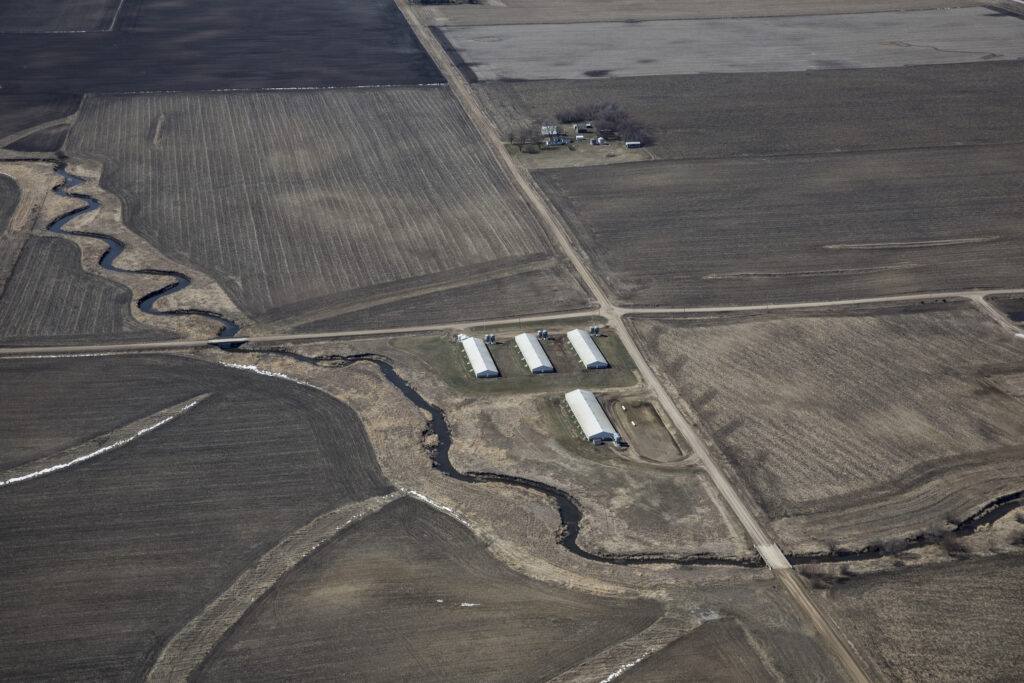
This is a guest blog by Emma Schmit and Adam Mason. Emma works for Food and Water Watch, an organization fighting for safe food, clean water, and a livable climate for all of us. Adam works for Iowa Citizens for Community Improvement, an organization creating change in Iowa through grassroots organizing, educating, and mobilizing on issues that impact communities the most.
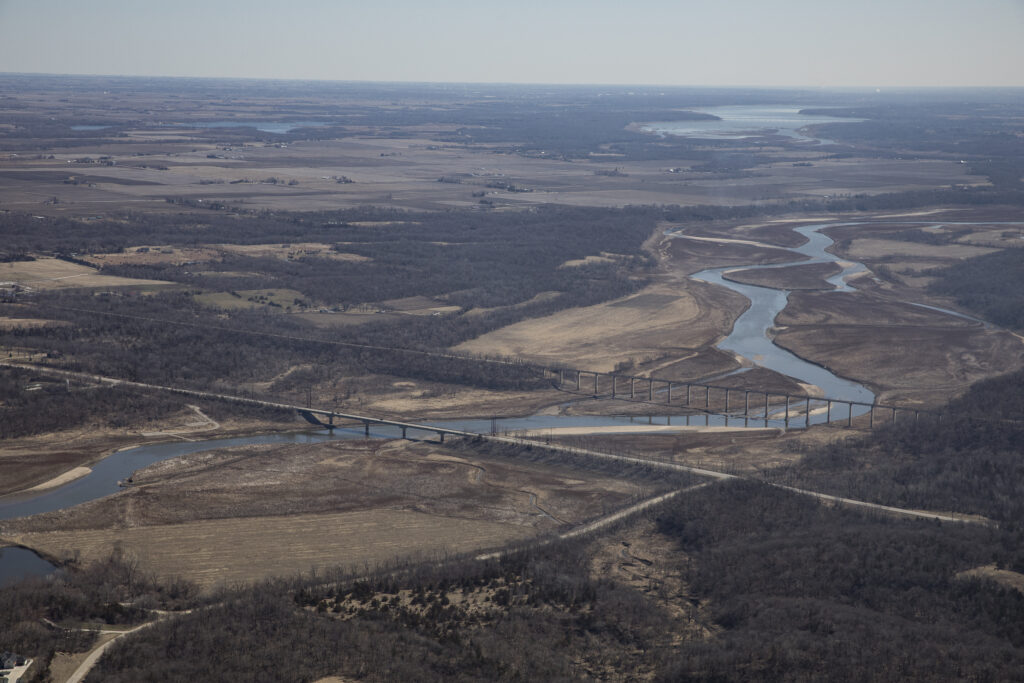
Iowa’s water crisis is being exacerbated by the climate crisis — turning an already concerning situation into one of serious peril. As drought and extreme heat shake our country, Iowa’s government has consistently sided with profit over the people when it comes to the fate of our critical rivers. The Raccoon River, which runs from northwest Iowa down to Des Moines in central Iowa, was named one of America’s Most Endangered Rivers® of 2021 due to the unmitigated pollution from factory farms within the Raccoon River watershed. Iowa in general, and the Raccoon River in particular, are facing a water crisis of epic proportions. While this crisis is largely caused by factory farms and industrial agriculture, the impacts of climate change are only exacerbating this already critical situation.
As climate-change fueled drought impacts the river, concentrating pollutants and encouraging the growth of toxic blue-green algae, the half a million Iowans who depend on the Raccoon River for drinking water face mounting concerns. In June, residents of Des Moines were asked to cut back on watering their lawns in an effort to reduce water consumption. As ongoing drought intensifies water shortages in the region, residents were warned that a failure to reduce consumption might impact their drinking water supply.
This year’s water rationing is only the latest in a string of drinking water challenges facing Des Moines residents. Just last year, under similar drought conditions, Des Moines Water Works had to resort to using water from storage wells and an emergency reservoir as the city’s primary drinking water supply for several weeks because the primary supplies, the Raccoon River and Des Moines River, were rendered unusable due to out-of-control blue-green algae blooms and low flows.
Twenty years ago, in 1991, Des Moines Water Works was forced to build one of the world’s largest — and most expensive — nitrate removal systems. This was necessary to treat the unsafe levels of nitrates entering the Raccoon River from factory farms and industrial agriculture fertilizer use upstream. Less than two decades later, the system was overwhelmed by the ever-increasing levels of nitrates flowing into the river from the proliferating factory farm operations in the watershed. As a result, in 2017, Des Moines Water Works had to expand this nitrate removal system. Ratepayers — not the polluting agribusinesses upstream — have borne these costs. Despite these alarming trends and the threat they post to public health, the state of Iowa continues to forgo meaningful action to address this water crisis. Instead, elected officials cozy up with the very industries that pollute our water: massive corporate agribusinesses.
This failure to put the needs of Iowans before the greed of a multi-billion-dollar industry only serves to heighten the threat facing the Raccoon River and hundreds of thousands of Iowans. In an effort to force the state of Iowa to address this crisis, Food & Water Watch and Iowa Citizens for Community Improvement filed a lawsuit against the state in 2019. Citing the Public Trust Doctrine, the lawsuit alleges that the state has failed to meet obligations requiring the protection of the Raccoon River for the use and enjoyment of all Iowans. We argued that Iowa’s failure to abide by the Public Trust Doctrine has allowed agriculture interests to desecrate and pollute one of the state’s most important waterways.
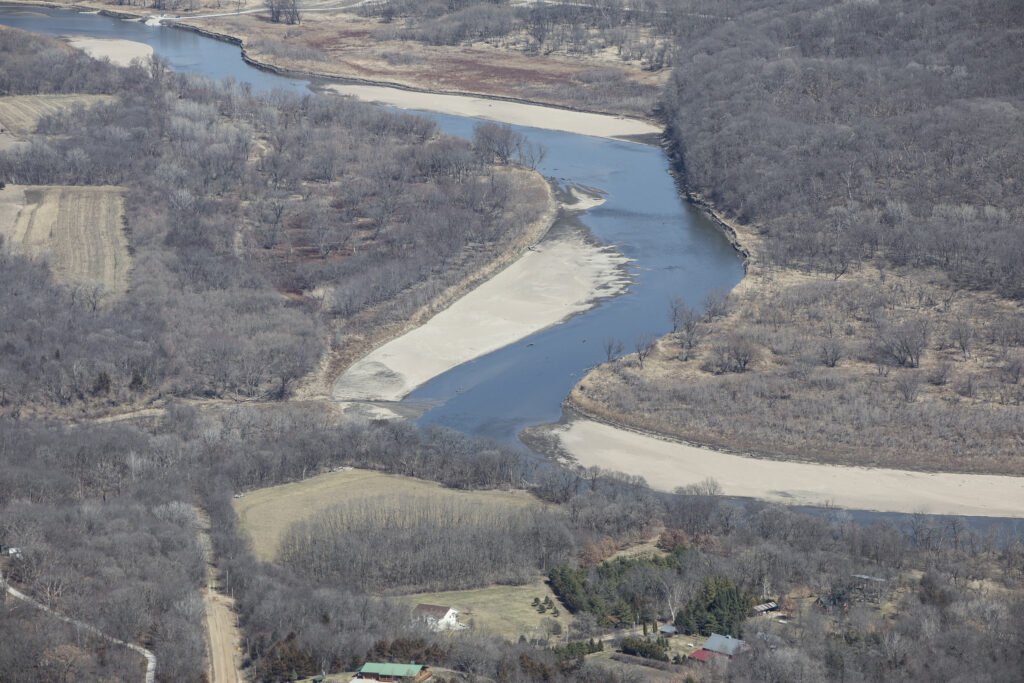
The lawsuit was intended to force the state into putting forth actionable, mandatory water quality solutions designed for widely shared prosperity and stewardship of our natural world. The Raccoon River watershed is saturated with more than 750 factory farms, requiring billions of gallons of untreated manure to be disposed of on our land and in our water. There are very few regulations and even fewer enforcements for the factory farm industry in Iowa. While the state has adopted a Nutrient Reduction Strategy to decrease water pollution from agricultural sources, engagement is entirely voluntary. In order to see real, meaningful water quality improvements, the lawsuit sought a moratorium on the construction of new and expanding factory farms within the watershed, as well as the adoption of a mandatory remedial plan to restore and protect the Raccoon River.
In December 2020, this lawsuit went before the Iowa Supreme Court. The state had filed an interlocutory appeal claiming that it was the responsibility of the legislature, not the court, to address Iowa’s water crisis. Citing the legislature’s repeated failure to take meaningful action to curb Iowa’s water crisis, we of course disagreed.
In June 2021, the justices issued their decision in our case. In a divided 4-3 ruling, the majority declared that it is not the Court’s responsibility to hold the state accountable to the public, and they chose to dismiss our case.
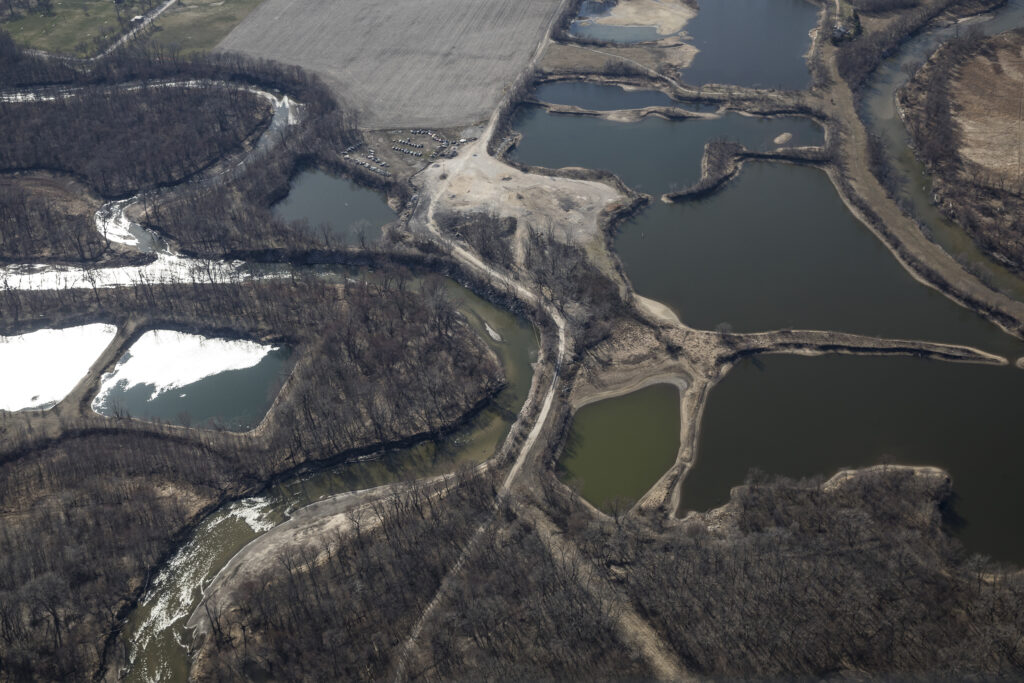
Despite the Court’s decision to dismiss the case, we know Iowans have a right to clean water and we know that’s a right worth fighting for. We remain committed to exhausting all options for Iowa’s people, communities, and environment that we have fought so hard to protect through this lawsuit. On July 1, we chose to file a petition for reconsideration with the Iowa Supreme Court requesting that the justices re-examine the ruling. While it is uncommon for such petitions to be granted, in a Court decision as divided as this, we believe we have an obligation to our members and the people of Iowa to leverage every available option to fight for our right to clean water.
Regardless of the court’s decision, we know that this fight has never lived only in the courtroom. We will continue building power behind the movement for clean water in Iowa, and we’ll continue to use every path available to secure the future we deserve. The people of Iowa deserve thriving rural communities, clean rivers, streams and drinking water, and a bright future — and this future is incompatible with unsustainable, polluting industrial agriculture. Corporate agriculture may dominate our state right now, but this movement grows every day, and the power of everyday people coming together will overcome the industry’s stronghold on our elected officials and our state. Iowans deserve better and we are demanding better. We will not allow our water to be sacrificed for corporate gain.

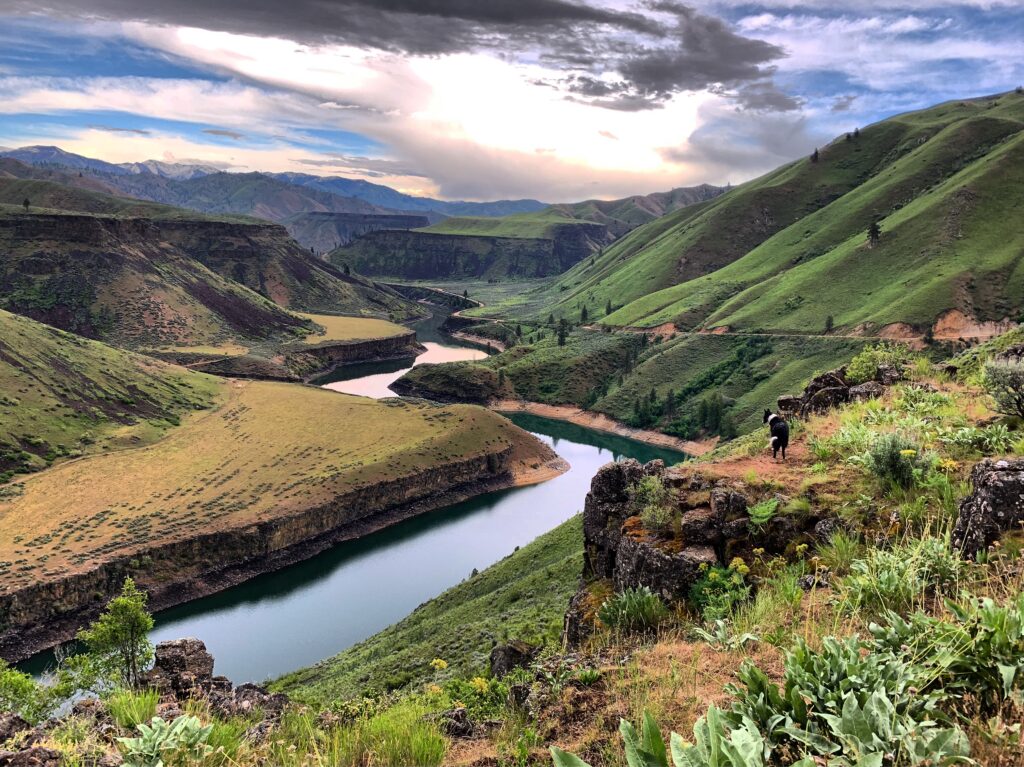
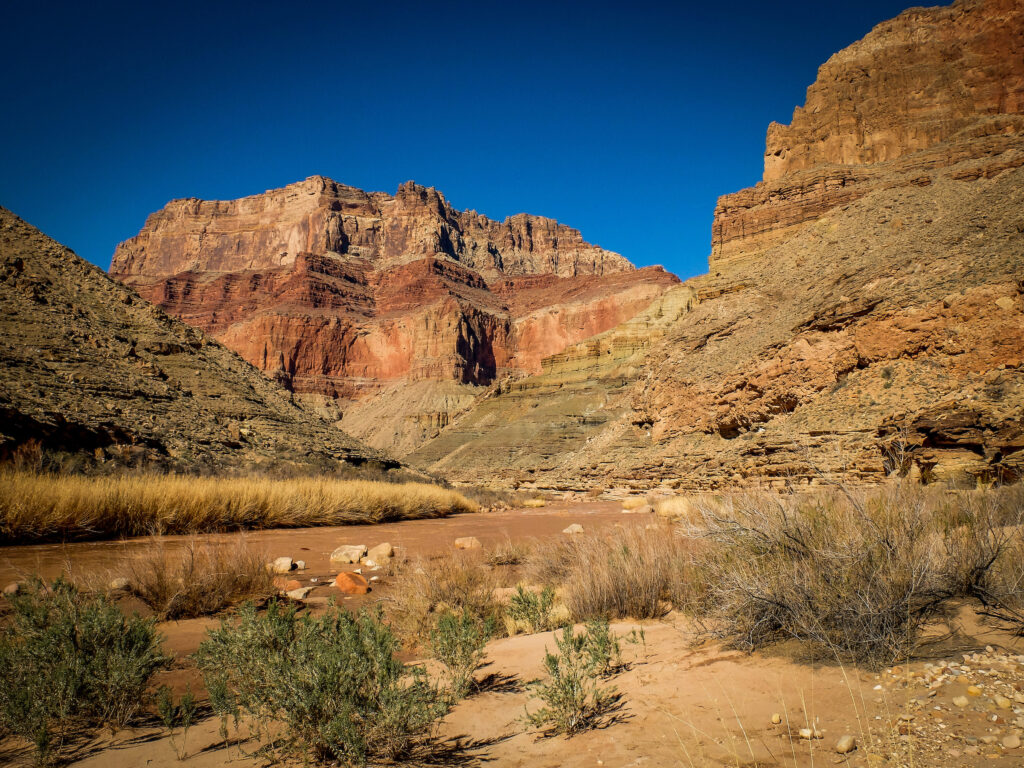
2 responses to “Profit vs the people: The clean water fight over the Raccoon River”
great blog here
Clearly, the fight for Iowa citizens and the Racoon River is not over. The Court despite offering comment decided only one thing–no standing because the requested release would involve the Iowa legislature, a so-called “policy” or legislative decision. This does not change the applicaiton of the public trust doctrine, nor the rights of citizens as beneficiaries of that doctrine with standing to enforce it under the common law, nor can the state or legislature alter those common law rights and claims. There are ways forward, including common law claims and a citizen movement in the legislature or by referendum. Niether government or private persons or corporations can interfere with or damage the public trust rights to clean drinking water, sustenance, fishing, swimming, sanitation. Thank you to Food and Water Warch.